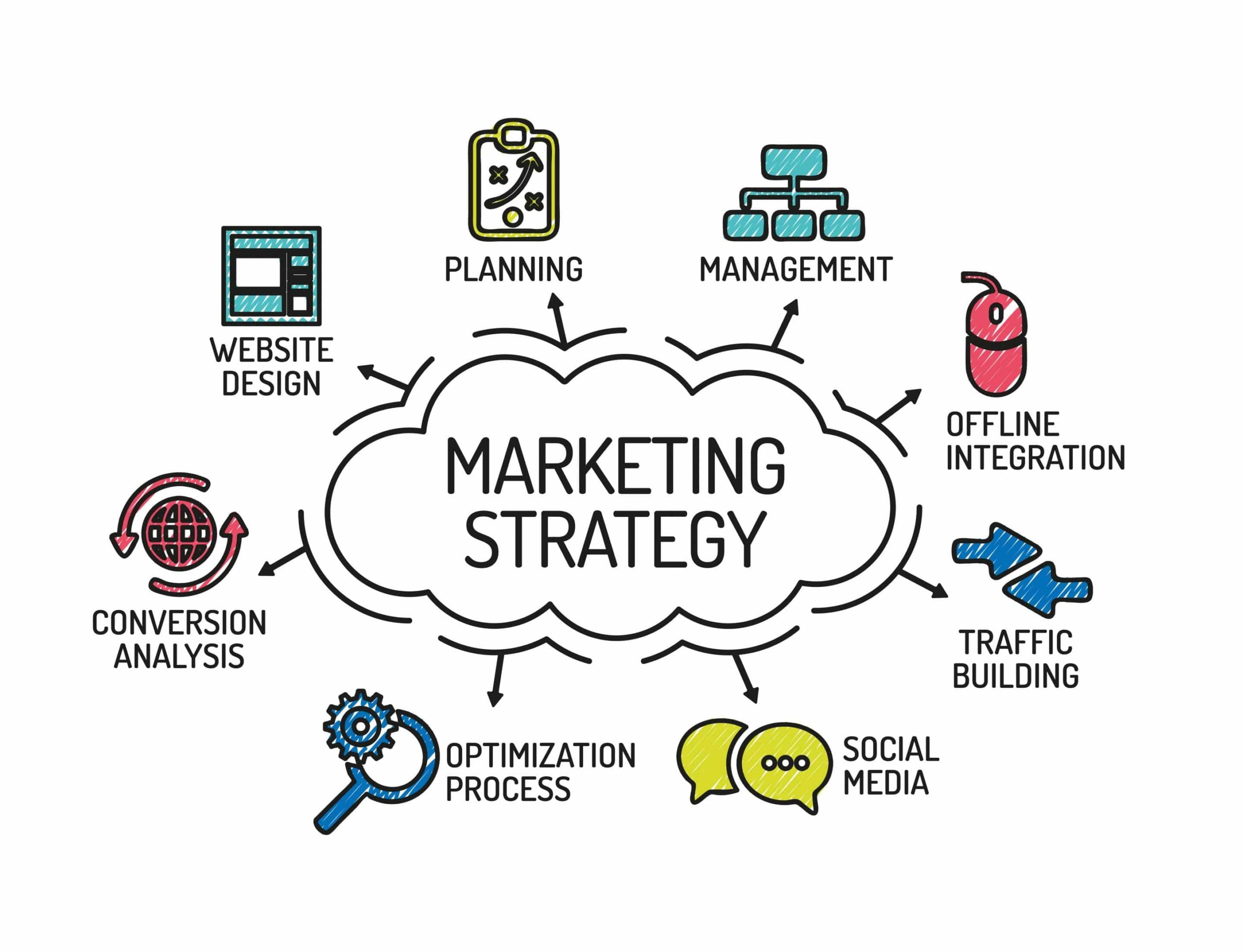Google CEO Sundar Pichai delivered excellent tidings to buyers on figure corporation Alphabet’s profits call an ultimate week. Alphabet said $39.3 billion in revenue final area, up 22 percentage from a yr earlier. Pichai gave a number of the credit score to Google’s machine getting to know generation, saying it had discovered a way to suit ads greater carefully to what customers desire.
Pichai didn’t point out one aspect: Alphabet is now cautioning investors that the same AI generation ought to create moral and criminal troubles for the employer’s business. The warning regarded for the first time in the “Risk Factors” phase of Alphabet’s present-day annual file, filed with the Securities and Exchange Commission day after today:
“[N]new products and services, together with people who comprise or utilize artificial intelligence and machine studying, can raise new or exacerbate present moral, technological, prison, and other challenges, which can also negatively have an effect on our manufacturers and demand for our services and products and adversely have an effect on our revenues and operating outcomes.”
Companies have to use the danger elements portion of their annual filings to reveal foreseeable problems to investors. That’s presupposed to preserve the unfastened market working. It additionally offers organizations a way to defuse complaints claiming control hid capability issues.
It’s now not clear why Alphabet’s securities attorneys decided it turned into a time to warn traders of the dangers of smart machines. Google declined to elaborate on its public filings. The organization started trying out self-using cars on public roads in 2009 and published research on ethical questions raised by AI for numerous years.
Alphabet likes to position itself as a frontrunner in AI research; however, it became six months in the back of rival Microsoft in caution investors about the technology’s moral risks. In Google’s modern-day filing, the AI disclosure reads like a trimmed-down model of a good deal fuller language. Microsoft installed its most latest annual SEC file, filed last August:
“AI algorithms may be wrong. Datasets may be inadequate or contain biased facts. Inappropriate or arguable facts practices via Microsoft or others should impair the popularity of AI answers. These deficiencies could undermine the decisions, predictions, or analysis AI packages produce, subjecting us to competitive harm, felony liability, and brand or reputational harm.”
Microsoft additionally has been investing deeply in AI for decades, and in 2016 added an internal AI ethics board that has blocked a few contracts seen as risking irrelevant use of the era.
Microsoft did now not respond to queries approximately the timing of its disclosure of rogue AI. Both Microsoft and Alphabet have played prominent roles in the latest flowering of problems and studies approximately ethical demanding situations raised using synthetic intelligence. Both have already skilled them first hand.
Last yr, researchers located Microsoft’s cloud service changed into a whole lot much less accurate at detecting the gender of black girls than white guys in photos. The organization apologized and said it had fixed the hassle. Employee protests at Google pressured the company out of a Pentagon agreement applying AI to drone surveillance pictures. It has censored its very own Photos service from looking for apes in consumer snaps after an incident wherein black human beings had been flawed for gorillas. Microsoft’s and Google’s new disclosures would possibly appear obscure. SEC filings are sprawling documents written in a unique and copiously-sub-claused lawyerly dialect. All the identical, David Larcker, director of Stanford’s Corporate Governance Research Initiative, says the new acknowledgments of AI’s attendant risks have probably been observed. “People do observe these things,” he says.
Investors and competition analyze risk elements to get a sense of what’s on management’s mind, Larcker says. Many objects are so generally listed—inclusive of the risks of a financial slowdown—as to be more or less meaningless. Differences among companies or unusual gadgets—like moral challenges raised by synthetic intelligence—can be greater informative.
Some agencies that declare their futures depend heavily on AI and device mastering do not list unintentional results of that technology in their SEC disclosures. In IBM’s latest annual record, for 2017, the corporation claims that it “leads the burgeoning marketplace for synthetic intelligence infused software program answers” at the same time as additionally being a pioneer of “records responsibility, ethics, and transparency.” But the submitting was silent on risks attendant with AI or gadget getting to know. IBM did now not respond to a request for remark. The organization’s subsequent annual submitting is due within the next few weeks.
Amazon, which is based on AI in areas such as its voice assistant Alexa and warehouse robots, did add a mention of synthetic intelligence in the hazard factors in its annual report filed in advance this month. However, unlike Google and Microsoft, the business enterprise does not invite buyers to entertain how its algorithms may be biased or unethical. Amazon worries that the government will slap commercial enterprise-unfriendly guidelines on the generation.
Under the heading “Government Regulation Is Evolving, and Unfavorable Changes Could Harm Our Business,” Amazon wrote: “It isn’t clear how current laws governing troubles inclusive of assets ownership, libel, facts protection, and personal privateness follow to the Internet, e-trade, digital content material, net offerings, and synthetic intelligence technology and offerings.”
Ironically, Amazon Thursday invited a few authority’ policies on facial recognition, a technology it has pitched to regulation enforcement, mentioning the chance of misuse. Amazon didn’t reply to a request for a remark approximately why it thinks investors want to realize approximately regulatory but no longer moral uncertainties around AI. That evaluation may also exchange in time.

Larcker says that as new enterprise practices and technology become vital, they tend to sprout in danger disclosures at many organizations. Cybersecurity used to make a rare appearance in SEC filings; now citing it is seasoned form. AI might be subsequent. “I suppose it’s a type of the natural development of factors,” Larcker says.






